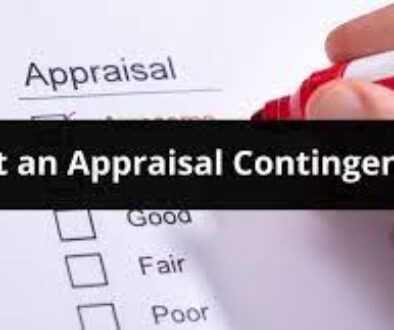Dry Closing
What Is A Dry Closing And What States Have Wet And Dry Funding?
What Is A Dry Closing In Real Estate?
A dry closing is a type of closing where funds are disbursed a few business days after the documents are completed and mortgage lender requirements are satisfied. For this to happen, all parties involved in the transaction must agree that the closing can take place and that the documentation will be signed with the understanding that funds will be forthcoming.
How Does a Dry Closing Work?
A dry closing typically happens when there has been a delay in the financing and funding of the mortgage necessary for the real estate purchase. However, by the point that all parties get to the closing, loan funds are generally approved and guaranteed. Should a home seller wish to go forward with such a transaction, the paperwork will be completed like a normal closing.
While it’s not preferred by many current or aspiring homeowners, it’s not uncommon to see it happen in the real estate world. That’s because as quickly as all parties to a given real estate transaction may wish to close, lenders may have yet to fully finance the purchase. Likewise, sellers could still have outstanding property issues, or lending requirements that haven’t been addressed by the prospective home buyer. A dry closing effectively allows everyone to keep the closing process open and moving forward until all present issues are resolved.
Are Dry Closings Legal?
Dry closings are only legal in certain states, as most require wet closings. Those states that don’t allow for dry closings are known as wet funding states and mandate that sellers receive funding at the time of closing or within 48 hours thereafter. These states also require that all paperwork needed to close the loan must be completed and approved on the closing date.
Other states allow financial institutions and real estate professionals to opt for a dry closing if they’d prefer as a means to confirm that a home purchase is legally complete before funds change hands. To facilitate a dry closing, closing documents must be executed and funds approved for lending. As you might imagine, wet funding is typically the option preferred here by real estate professionals and home sellers alike, as it provides all parties with confidence that the transaction has been formally executed and money has changed hands.
Dry Funding States
The following U.S. states allow for dry closings:
- Alaska
- Arizona
- California
- Hawaii
- Idaho
- Nevada
- New Mexico
- Oregon
- Washington
Note that select states, including Alaska and California, allow you to choose either wet or dry funding, though real estate agents involved in the transaction will ultimately decide which form of funding will be used.
What To Do For A Dry Closing
Has your lender or real estate agent notified you that you’ll be having a dry closing? Don’t fret – it can be a normal part of the home sale and purchase process. At the same time, it’s also important to connect with your agent (and real estate attorney, if applicable) to make sure that any outstanding items or requirements necessary to proceed with full loan funding and a sales transaction have been met.




